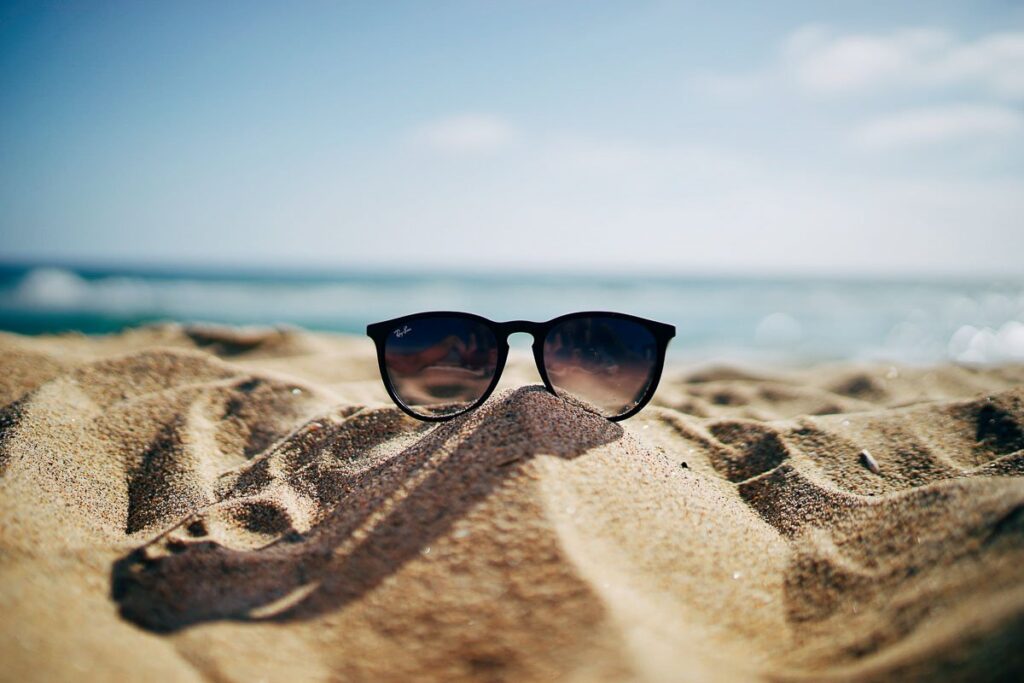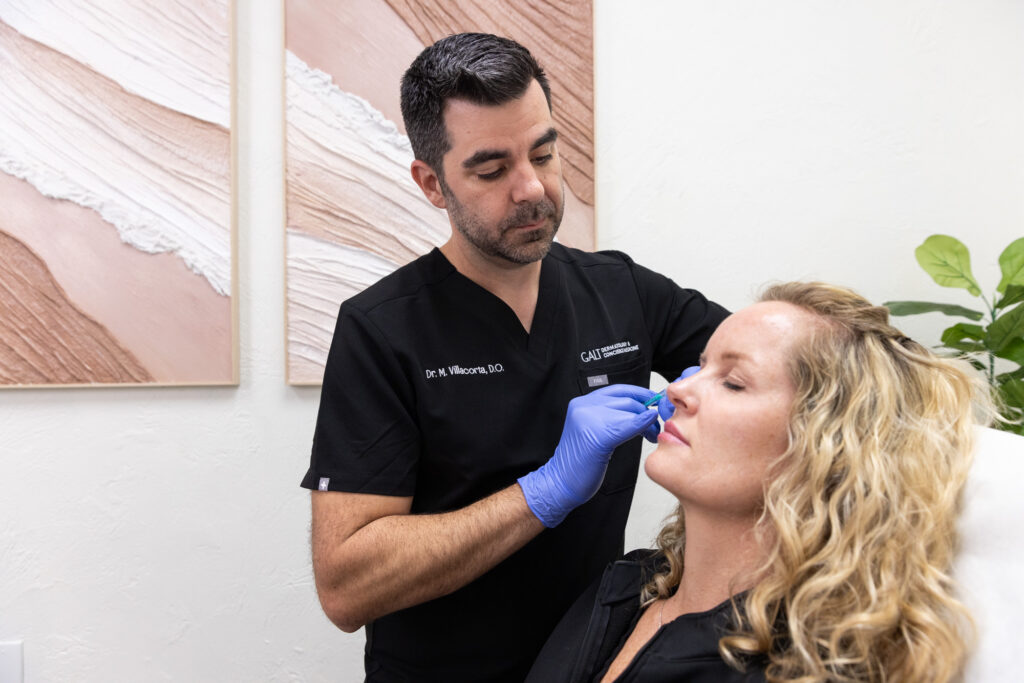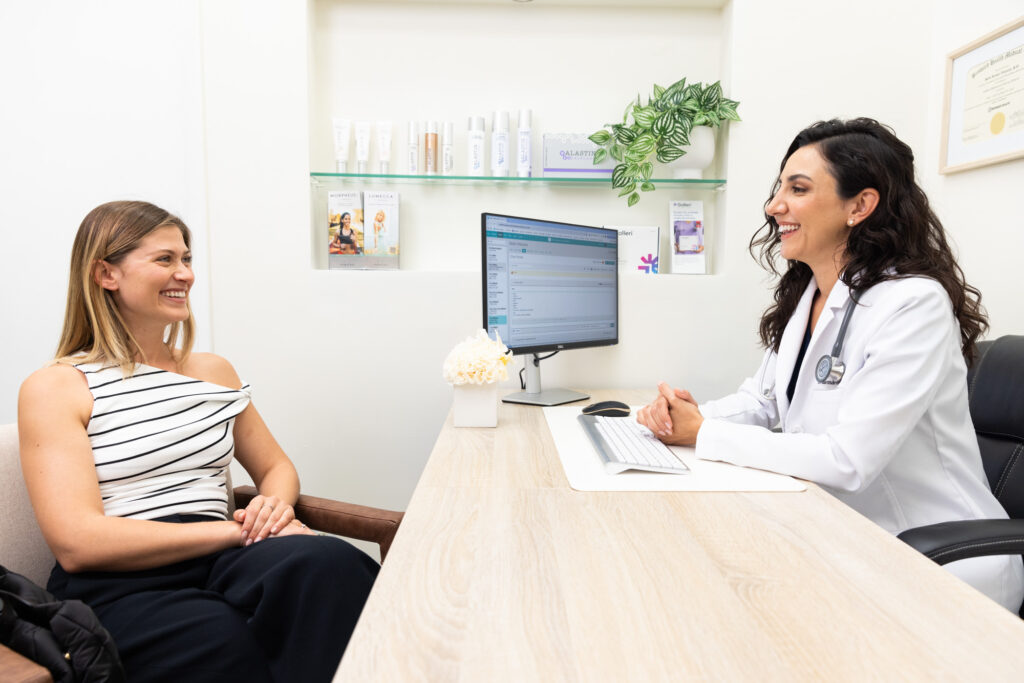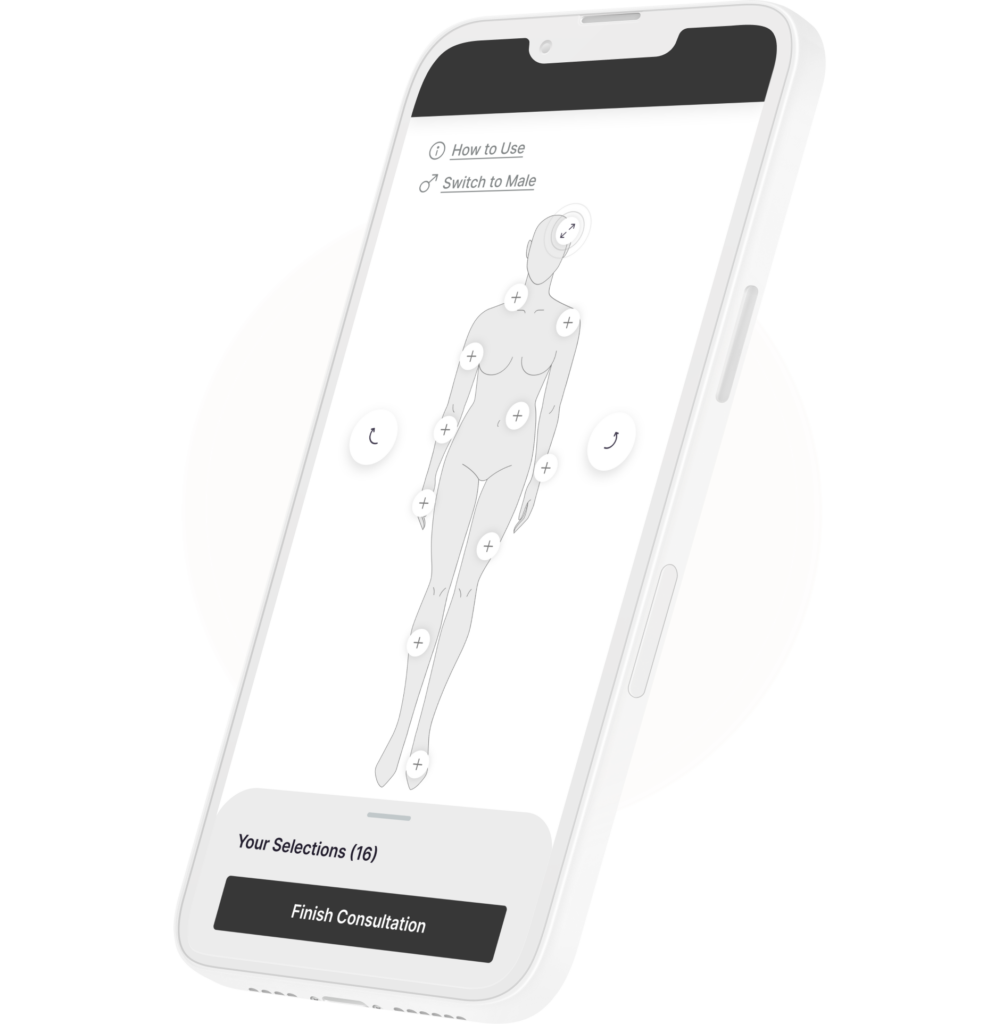
Spring is already here, and we can already enjoy the beautiful South Florida weather and warming waters. The beaches swell with locals, tourists, and lilly white college students on Spring Break. (Well, if the beaches weren’t closed due to Covid-19) You want to protect yourself so choose a sunscreen that is safe for you and the environment.
Research indicates that 1 in 5 people will develop skin cancer in their lifetime, and about 95 percent of melanoma cases are attributable to UV exposure. Skin cancer prevention starts with proper sun-protective methods, namely sunscreen. Recent controversies regarding sunscreen safety have raised many questions. So, are sunscreens safe, and which should you use?
There are two classes or categories of sunscreens: the chemical absorbers and the physical blockers. Chemical sunscreens contain ingredients such as oxybenzone, avobenzone, octisalate, octocrylene, homosalate, or octinoxate. Physical sunscreens, known as mineral sunscreens, contain zinc oxide and titanium dioxide and are excellent for those with sensitive skin.
Oxybenzone has recently been in the news and may have harmful effects on coral and marine life. A Key West ordinance to block the sale of chemical sunscreens is set to go into effect next year. At the time of writing this article, the Florida Senate has passed a bill to prevent local government bans on sunscreen. While this controversy continues, what most people don’t realize is that the vast majority of oxybenzone found in seawater comes from industrial runoff and leaching plastics.
You may choose not to use a chemical sunscreen, but then what options do you have to protect yourself from the sun?
Dr. Villacorta recommends a physical sunscreen with SPF30 or higher, which blocks 97 percent of UV light and has not been found to cause any harm to the environment. Tinted or non-tinted sunscreens are a personal preference. Reapplication is needed as sunscreens begin to break down and lose their blocking properties after 2-3 hours. For those spending most of their time outdoors, Dr. Villacorta also recommends UV protective clothing (look for the UPF label) while enjoying your favorite outdoor activities.


